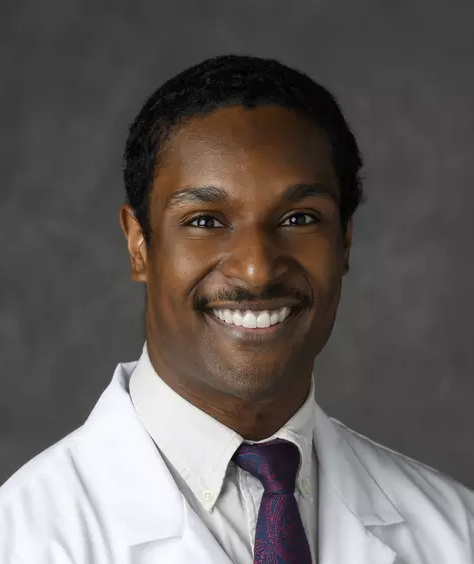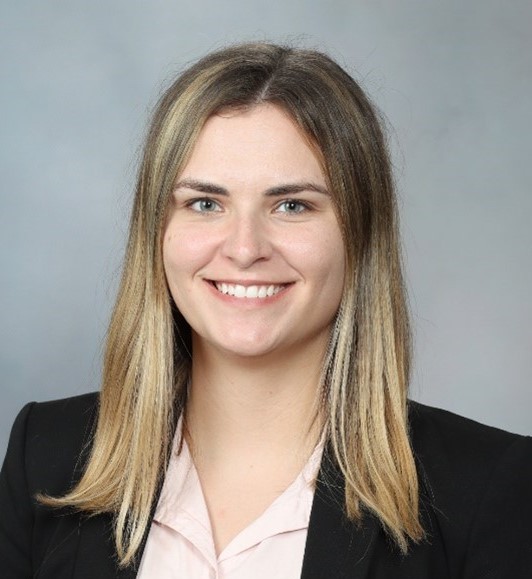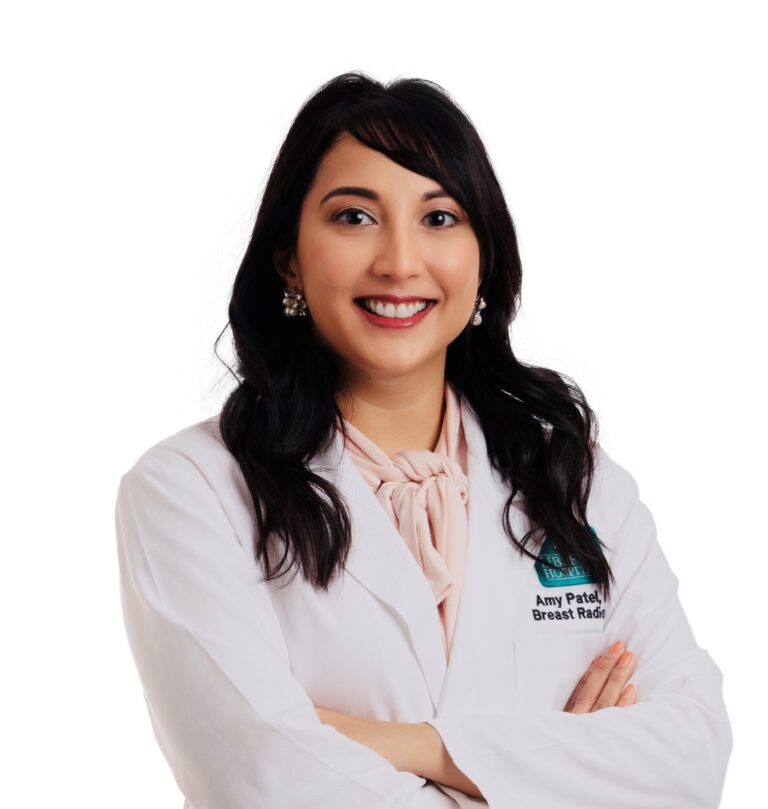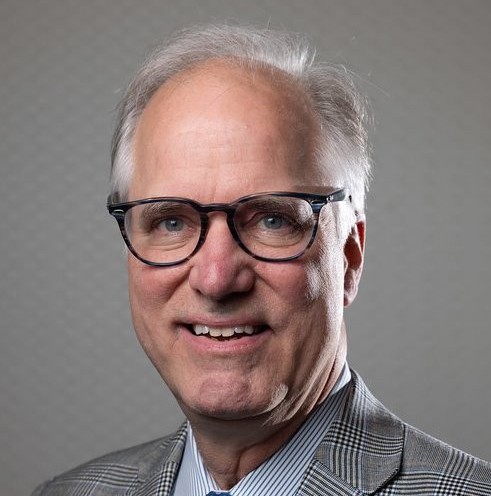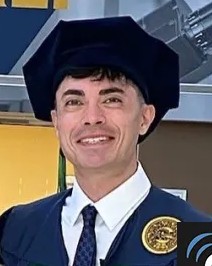Her Visiting Scholars Question: Why Aren’t More Women Interested in RO?
When considering career paths, would-be physicians often overlook radiation oncology. There are several reasons: too much math and physics; traditional routes, like diagnostic radiology, are more popular; and medical students don’t often get exposed to the specialty.
All that is especially true for women, who make up a reported 30 percent of the field.
Ria Mulherkar, MD, one of this year’s American Board of Medical Specialties (ABMS) Visiting Scholars, is performing research to help discover why. Over the next several months, she will conduct interviews and distribute surveys to gain insight into why her field is mostly populated by men. She will also be building radiation oncology-specific training modules to determine if these impact self-efficacy, or the perceived confidence, of medical students and residents in the field.
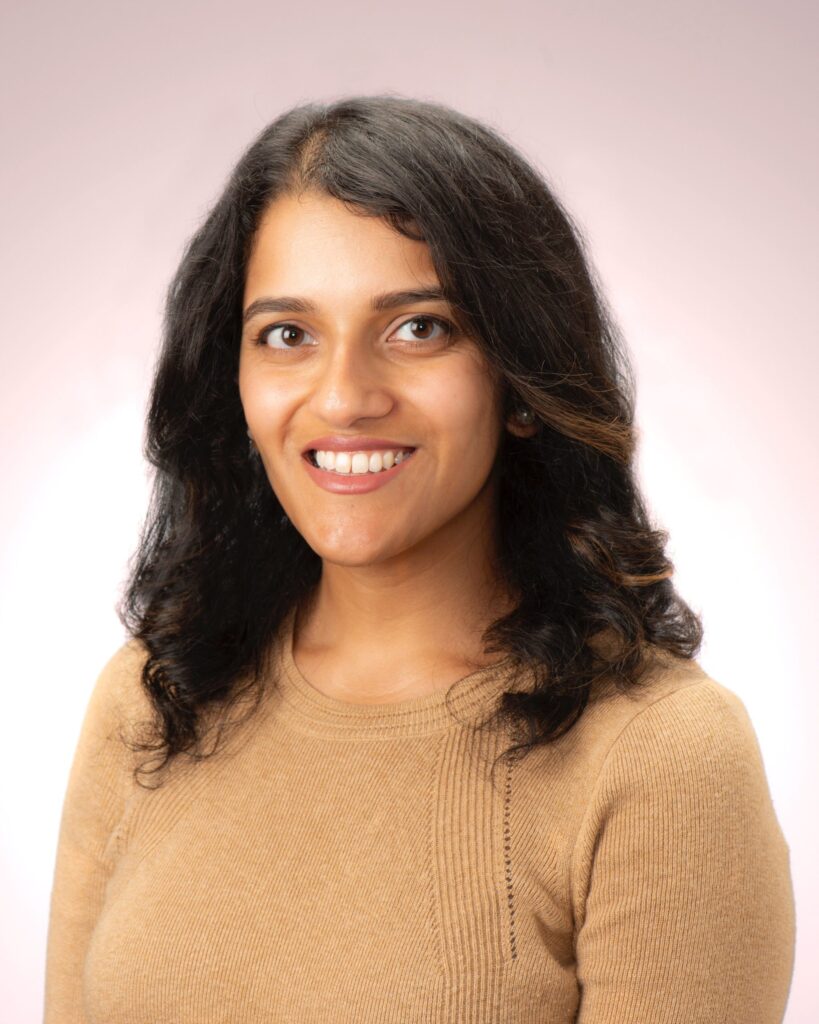
“The premise of the project is that women and gender minorities grow up with this preconception that men are better or more equipped to succeed in STEM fields like science, tech, engineering, and math,” she said. “Even after women are accepted into medical school and later in residency, perhaps that stereotype threat or that perception of men being better in that field carries forward and dissuades them from pursuing more technical math and physics-based specialties and subspecialties such as radiation oncology.
“I want to investigate whether that disparity in self-efficacy exists, and then if a hands-on training module can help bolster self-confidence to mitigate that disparity.”
Dr. Mulherkar, a radiation oncology resident at the University of Pittsburgh Medical Center’s Hillman Cancer Center, earned her medical degree from Drexel University. She started a podcast while at Drexel titled “Spoonful of Sugar.” This past June, she recorded an episode on radiation oncology to raise awareness about the option among medical school students.
“One thing that we have noticed in radiation oncology is a decreasing amount of interest in the field,” she said. “That happens and some fields are more popular in certain eras than others, but we’ve noticed that radiation oncology applicants are decreasing and there’s also a large number of men compared to women.”
One of Dr. Mulherkar’s most valued mentors is a female radiation oncologist. Susannah Ellsworth, MD, a clinical associate professor and residency program director at the University of Pittsburgh’s Department of Radiation Oncology, is working with Dr. Mulherkar on her Visiting Scholars project.
“Dr. Mulherkar is tremendously dedicated to medical education and has been involved in multiple educational initiatives,” Dr. Ellsworth said. “She not only created her ABMS Visiting Scholars project but also has a long-running podcast focused on high-yield topics for Step 1 preparation. She has also been a leader in medical student outreach for our own residency program. She’s an outstanding resident and we are thrilled that she was selected to participate in the ABMS Visiting Scholars program.”
Dr. Ellsworth has a demanding job and a family at home. Dr. Mulherkar appreciates the guidance she receives from her mentor about being successful both personally and professionally.
“She’s one of the people who I think is an excellent mentor to have from both a professional and personal perspective,” she said. “She’s very transparent and open about the realities of balancing work with home life.”
Dr. Mulherkar’s institution allows fourth-year residents to dedicate a year to research. Dr. Mulherkar started hers in July. It’s a change of pace from what she’s done in residency so far, and the work is allowing her to explore a different side of her profession.
“I want to practice predominantly in a clinical role,” she said. “I already miss daily patient interaction. I want to be very strong in the clinic, and I’m passionate about education. I would love to work at an institution that’s tied to a medical school and have a role in medical student education.”
Dr. Mulherkar is using her research year to take Columbia University online classes in its narrative medicine certificate program. To further her education, she’s also taking a qualitative research methods course that should help improve her Visiting Scholars work.
“It’s an area that I haven’t had much experience in,” Dr. Mulherkar said. “I think the class is helping me find tools that I can apply to the research that I’m doing for the ABMS.”
She attended the annual ABMS Conference in September in Rosemont, Illinois, and met several cohorts from this year and a few from last year’s class. It was a thoroughly educational experience about the Visiting Scholars program.
“From what I’ve heard from last year’s scholars, it seems like a great program with a lot of great resources,” Dr. Mulherkar said. “It’s nice to have this opportunity not just to work on the project that I want to work on, but also to learn about the American Board of Medical Specialties and the ABR and all the considerations that go into certification and continuing education. I’m really excited to continue learning more and collaborating with them.”

